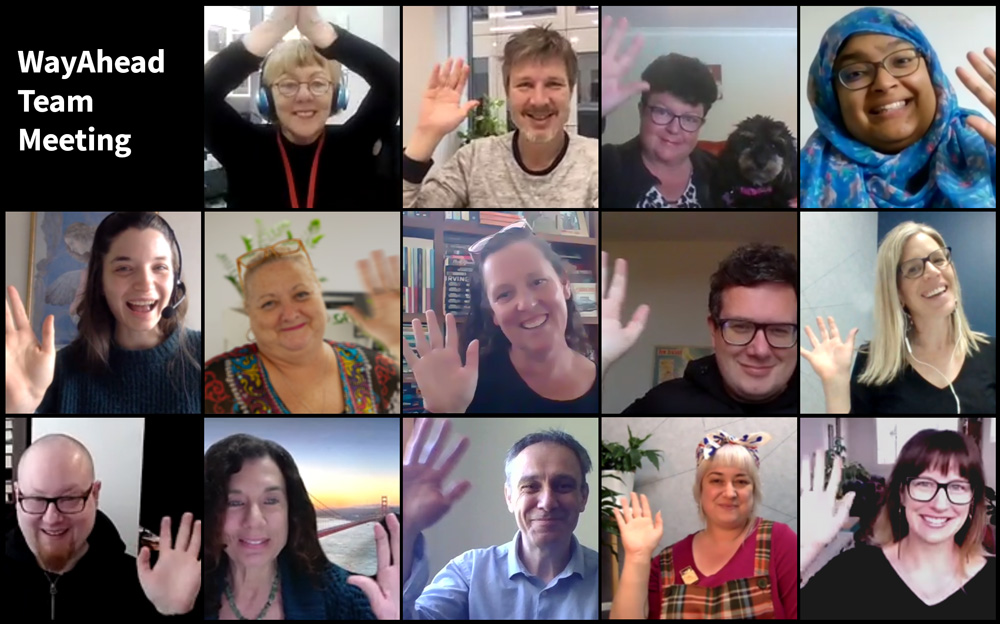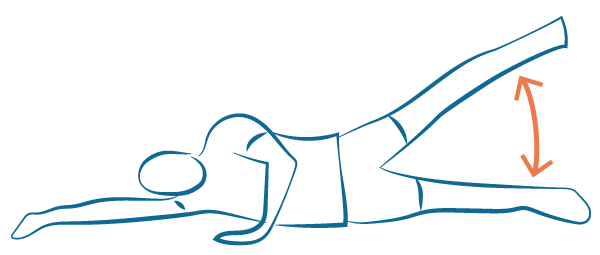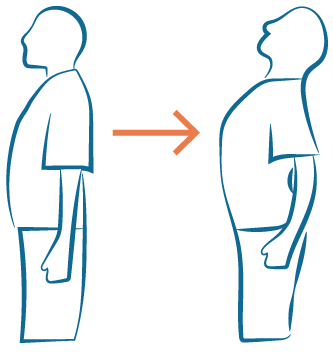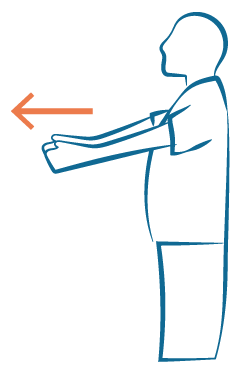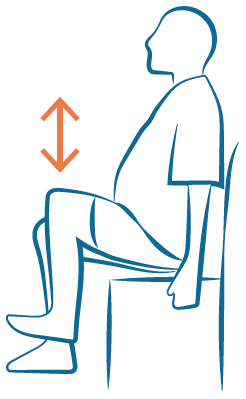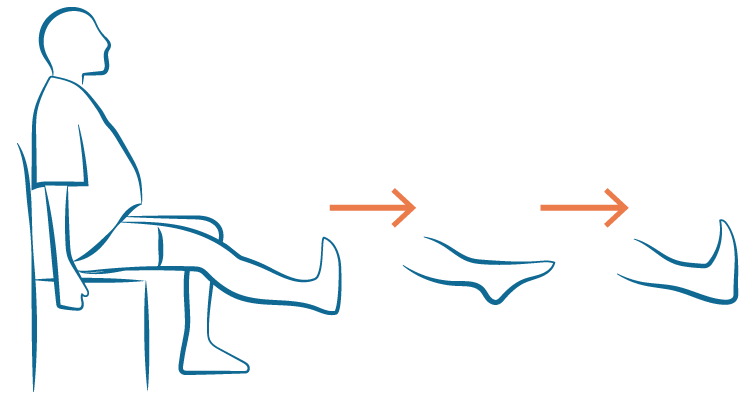Exercise is extremely beneficial to your wellbeing; as we get older we tend to benefit more from exercise.
A small amount of physical exercise or engagement in physical activities daily can significantly improve energy levels and improve your mood.
Greater amounts of physical activity can provide additional benefits: this can be done by improve the intensity of the exercises, the duration of the exercises, or the frequency.
Ideally you would engage in some form of physical exercise every day for at least 15 minutes. This pamphlet will introduce you to simple exercises that can prepare you to tackle more intense physical activities in the future.
Getting started
Start slowly; there’s a good chance tension has been building in you for years, so the problem won’t be fixed in a day.
Drink plenty of water unless your doctor has advised against this
Never hold your breath during an exercise; you should always be breathing in or out
Stretching should NOT cause any pain or serious fatigue. You may feel some discomfort that goes away when tension is released, but there should be no pain.
Always be aware of the position of your spine. Do not arch it too much. Remember, you should not feel any pain during the exercises, and if you feel uncomfortable while you’re doing the exercise it may be a good idea to stop.
Always consult your doctor before engaging in any new physical activity, especially if it has been a long time since you’ve engaged in physical activity
⬇️ Download this information as a fact sheet
Disclaimer
This information is for educational purposes. As neither brochures nor websites can diagnose people it is always important to obtain professional advice and/or help when needed.
This information may be reproduced with an acknowledgement to WayAhead – Mental Health Association.
The Association encourages feedback and welcomes comments about the information provided.

